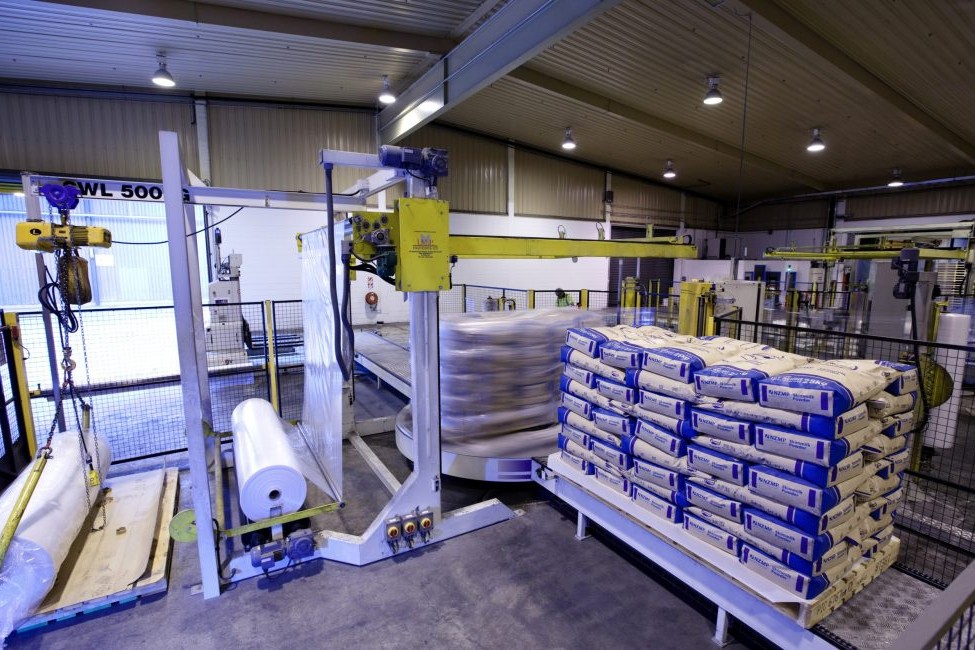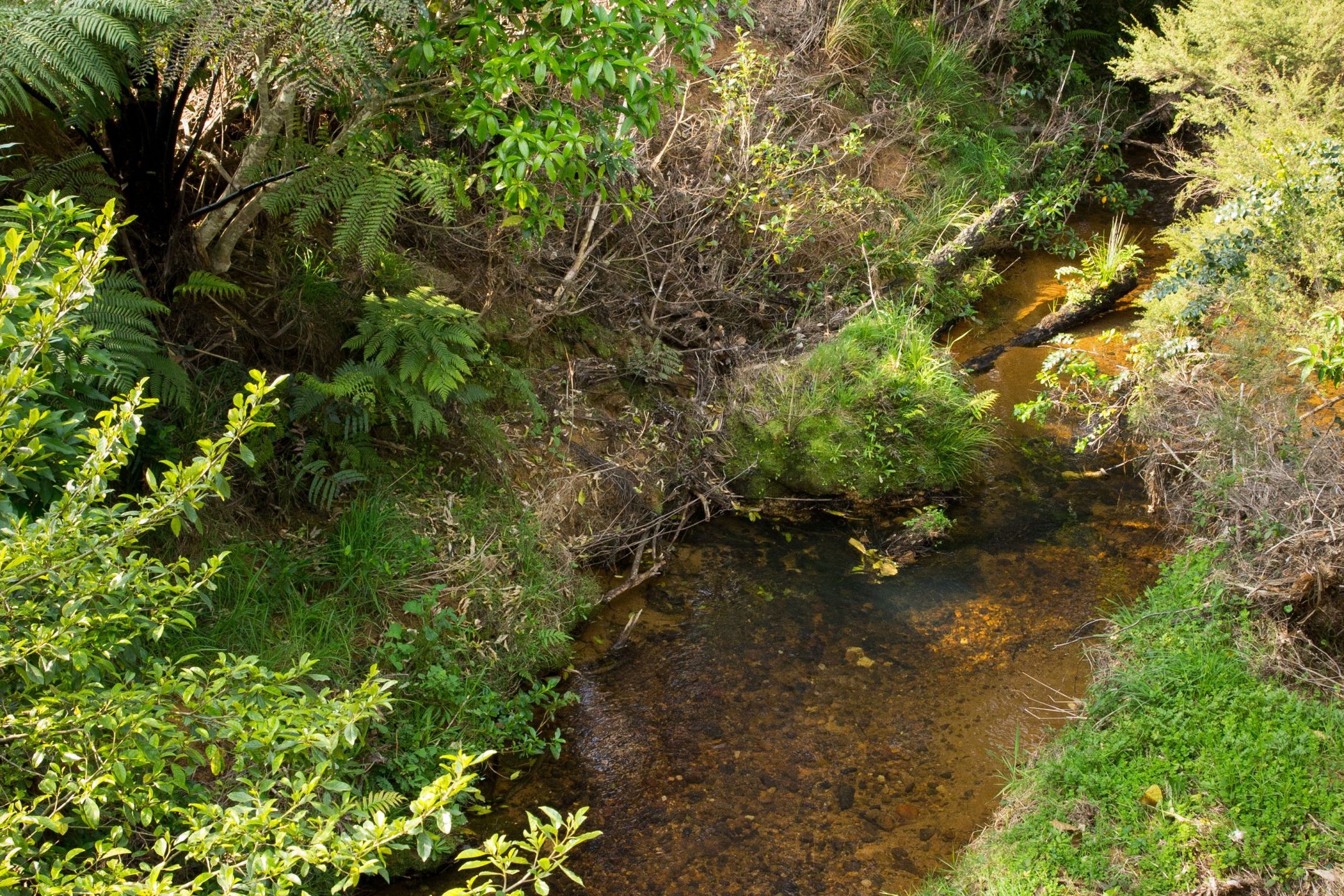Grass has a dual purpose in a system developed by a Danish company. By Anne Cote.
Farmers are continuously looking for ways to manage the balance between providing nutritious animal feed while exercising environmental responsibility.
The entrepreneurs at Danish company BioRefine say their plan to extract protein from organic green grass could be the answer farmers are seeking.
When it comes to monogastric animals, pigs and chickens for example, supplying them with high protein feed can be expensive. Ruminants like cows, goats or sheep are able to extract protein from field grasses through their two-stage digestive systems.
Monogastric animals can’t do that and require protein-enhanced feed. That’s where BioRefine, a subsidiary of Danish Agro along with partners DLG and DLF, comes into the picture. They are focused on extracting green protein from organic grass to produce high protein feed additives for monogastric animals and, eventually, for people.
It seems like the logical thing to do because the Danish landscape was scoured clean by glaciers in the last ice age and is ideal for growing grass.
Growing and harvesting grass instead of grain as a protein source is ecologically beneficial, according to a BioRefine release, and because the Danish government implemented a new carbon tax in June, 2022, it is also timely. Grass increases carbon sequestration by one tonne per hectare annually over grain crops and also reduces the amount of nitrogen leaching into sensitive water sources by 70 to 80% more than grain crops.
Multiply that by BioRefine’s goal of producing 7000 tonnes of organic green protein annually from 3000 hectares at its first plant in Varde, Denmark, and the climate efficiency of growing grass for protein as a feed ingredient becomes significant.
The process is simple for farmers.
They buy and plant the grass seed on their own land. When it’s time to harvest they notify BioRefine. BioRefine sends a truck out to pick up the grass and take it back to the plant where it is processed within eight hours of harvesting. Any delay in processing means the grass loses nutrients. Farmers are paid according to a previously negotiated contract. BioRefine indicates the contract price is comparable to what the farmer could expect from a grain crop. Harvesting can take place up to seven times per year.
“Both protein quantity and quality are dependent on conditions that do not heat or dehydrate the grass,” according to BioRefine.
The company also says extraction processes that once removed 50% of the crude protein from the grass now remove 90% leaving behind an almost pure pulp which they hope can be used in manufacturing to produce packaging and textiles.
The last of the leftovers, brown juice, is sent to BioRefine’s biodigester and used for heat at the plant.
But BioRefine’s ambitions don’t stop there.
“We also have a strong focus on developing green protein that can also be used as an ingredient in food. It is our ambition to refine a quarter of the protein for human nutrition,” BioRefine managing director Vagn Hundebøll says.





